The market leaders are gearing up to embrace industry 4.0. This catchy management phrase holds promise for the future of organizations. However, we are underprepared. Our preparedness is even lesser in domains like retail. It is difficult to visualize how Industry 4.0 in retail will revolutionize things.
How industry 1.0, 2.0, and 3.0 changed retail?
Before we begin, let us understand what is industry 1.0, 2.0, and 3.0. These terms are now being used to describe paradigm changes in the industries. These changes are also known as industrial revolutions. The advent of new technologies leads to a new way of manufacturing products and new of delivering value.
Industry 1.0
Firstly, let us look at industry 1.0. Manufacturing used to be a laborious process in the early 19th century. The discovery of the use of steam engines helped to produce more with less labor. This was also the age of push-based retail.
Industry 2.0
Secondly, we had a major change in the way we make things during the second industrial revolution. We had new ways to look at manufacturing such as Henry Ford’s model of mass production and Scientific management. We also had the first encounter with the automation of processes. The products started to get differentiated into two categories: hand made and mass-produced. This also had some impact on how these products were retailed.
Industry 3.0
Thirdly, we saw the last industrial revolution. This time it was the computer that stirred things up. Computers disrupted the business model of many businesses. As a result, there was a major shift in retail. This shift was predominantly driven by a new channel of retail. We saw the advent of e-commerce with industry 3.0. Subsequently, we had firms like Amazon, Zappos, and Dell which would not have been possible earlier.
A brief introduction to industry 4.0
If I have to describe industry 4.0 in one word it would be ‘interconnected world.’ This summarizes entire concept of industry 4.0.
Researchers have said that we are moving towards the 4th industrial revolution. Although it needs a deeper understanding, we enlist some key features and benefits of industry 4.0.
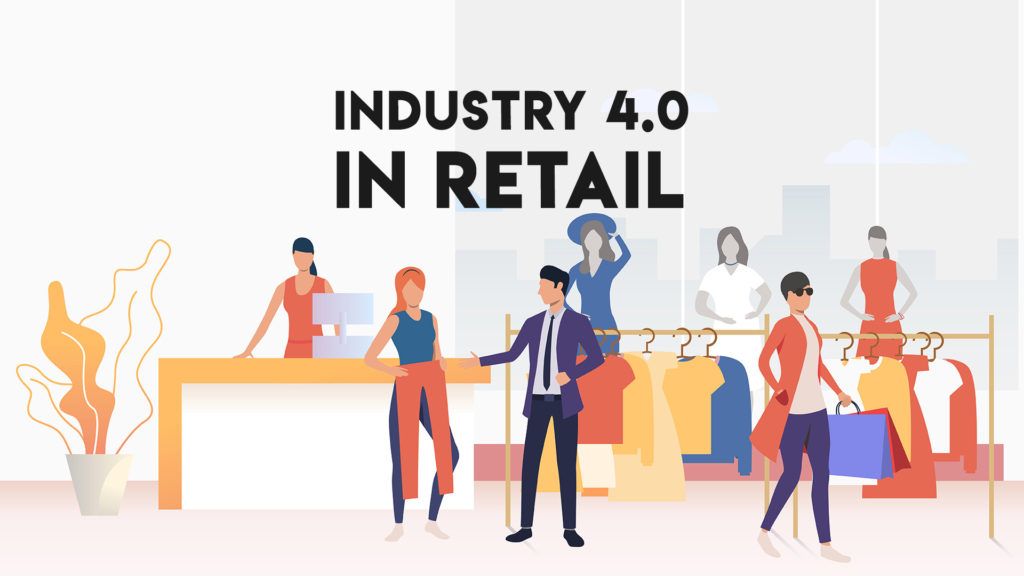
Key features of industry 4.0
- Internet of Things – IoT represents the idea of machines that can ‘talk’ to each other. They can generate massive amounts of data. As a result they would be smarter.
- Cyber-Physical Systems – the systems like autonomous vehicles, avionics and smart factories which are controlled by algorithms. These systems can function without the help of humans.
- Cognitive computing– this is the brain of the systems. Cognitive computing and AI help run the systems without human interventions.
- Augmented Reality and Vitual Reality – These are technologies that enable us to see and react to things beyond our immidiate space. An example of AR is the use of live stickers in selfies. On the other hand, an example of VR is viewing 360 degree image of a place by wearing a VR headset.
Real-life examples of Industry 4.0 in retail
Industry 4.0 will have a lot of advantages. Some of the major ones include shorter development cycles, mass-customization, flexible manufacturing systems, richer retail experiences.
Shorter development cycles
industry 4.0 enables shorter product life cycles. It is interesting to see the fast-fashion phenomena in China. The apparel manufacturers can design, produce, and retail the garment in a matter of two weeks due to the automation of production. We also see e-commerce platforms such as Aliexpress and Taobao becoming major channels of retail for such garments. Needless to say, most of these trendy designs give traditional brands like Zara a run for their money.
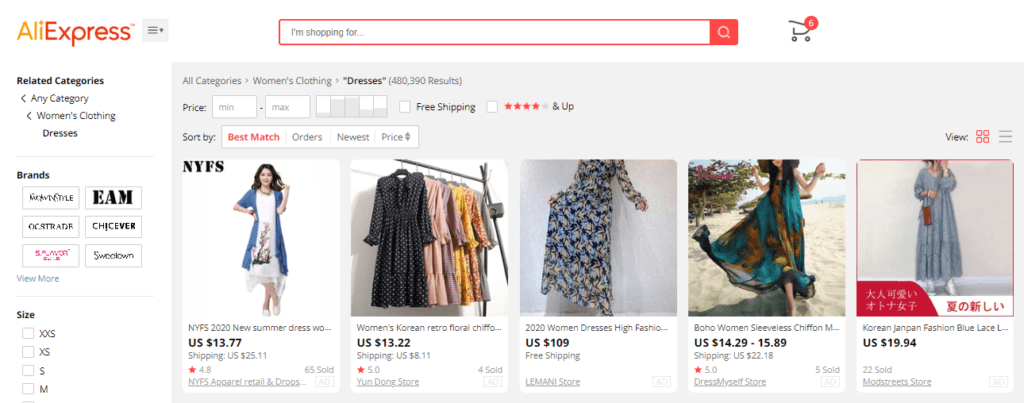
Mass customization
We are slowly moving towards the era of mass customization of products. Most importantly, it is coming for products that were mass-produced earlier. We are not talking about customized mugs with your name, we are talking about customized soaps, watches, and cars. For instance, American retailer Ditto helps its customers with customized eyewear. First, they request to take your photo then they suggest a range of frames to choose from. You can see the preview of how the glasses would look on your face in real-time. They also allow you to customize the lens, power, and coating as per your requirements.
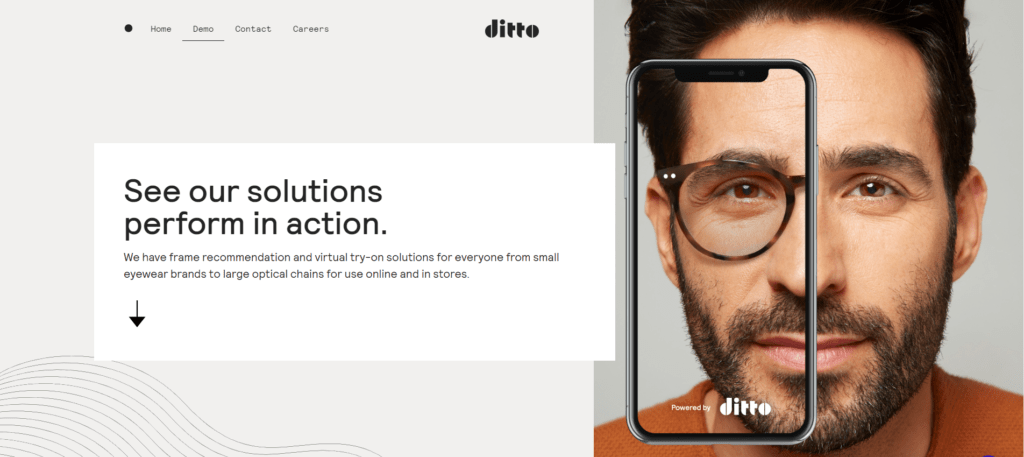
Customer engagement with industry 4.0
Marketing used to be an end result of the product development. The task of marketing managers was limited to promotion and selling. However, things have started to change.
Deloitte has come up with a concept called Digital Manufacturing Enterprise(DME). These firms use digital technologies to capture data at all stages of the customer journey. This data is used to drive innovation in the products.

Amazon Go: the shop of the future
Amazon opened a store in Seattle in 2018. It has changed how we think of retail. Forever. This is in fact the world’s first checkout-free store. You just need to scan the QR code on your Amazon app and collect the items you need. When you walk out of the store, you are billed automatically. The required amount is deducted from your credit card.
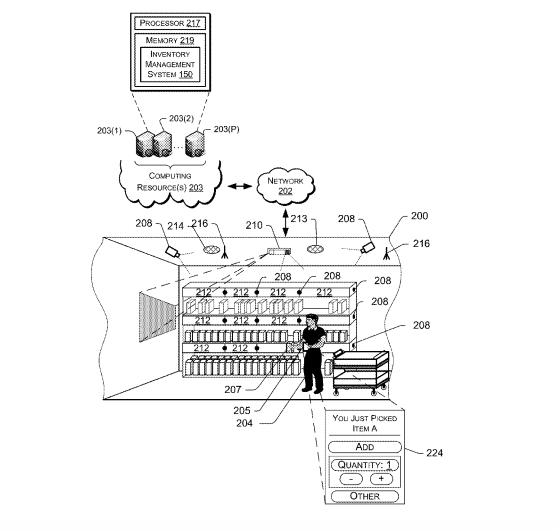
Behind the scene is a labyrinth of technologies that make it possible. The store has an array of sensors. It relies on technologies like image processing, RFID, beacons. Moreover, it also relies on proprietary algorithms to take care of all the retailing processes.
In-store brand promotion
One of the upcoming usages of beacon technologies is to promote products. Above all, it is done inside the store. For instance, when you walk past the shelf for a cosmetic, you get a notification on your phone. You are prompted to install the app from the cosmetic manufacturer.
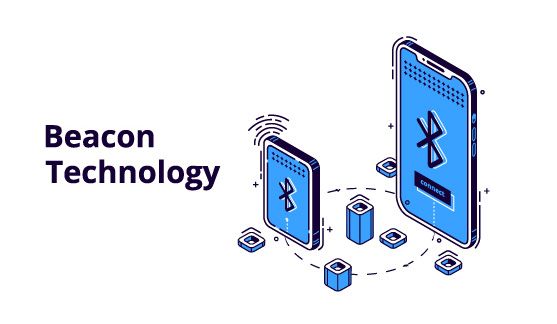
Carrefour & localized AC control for the customers
We have come a long distance with the use of industry 4.0 in retail. For instance, the retail giant Carrefour uses sophisticated technology in its Italian hypermarket. The result is a “localized air conditioning regulation system with dynamic thermal zones”. It is quite a mouthful.
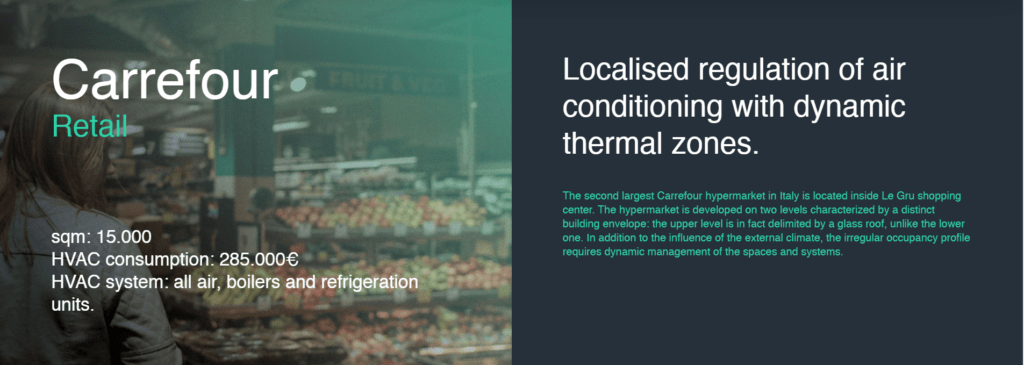
This results in an increase in efficiency of about 29%. Which is good news for the firm as well as the planet? On the other hand, the research done by Carrefour shows that the customers feel about 90% more comfortable due to well-regulated temperatures. As a result of the lower energy usage, there is a massive impact on the environment too. The retail outlet saves about 340 tonnes of CO2 emissions. All of this thanks to the use of Industry 4.0.
Future potential for Industry 4.0 in retail
There is a lot of untapped potential in Industry 4.0. For example, we have pontified some of them. This is only an indicative list in the ever dynamic world of retailing.
- Secured retail spaces
- Environmental friendly retail and distribution process
- Integrated real-time analytics
- Virtual shopping experience through AR/VR from your home

6 thoughts on “Industry 4.0 in retail: how will it disrupt everything?”